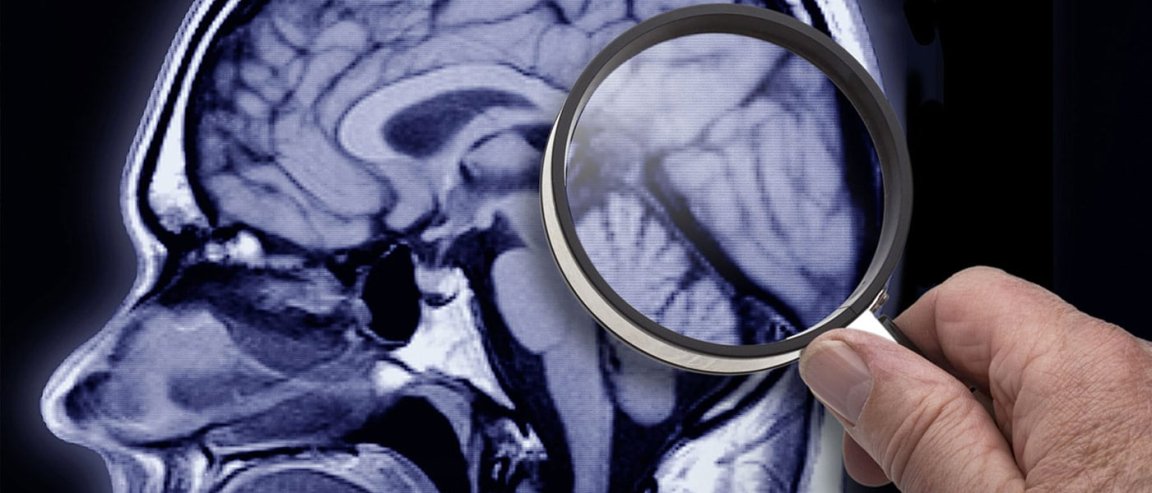
A Hopeful Director
Professor Bart De Strooper, the Belgian neuroscientist recently appointed as director of the U.K.’s Dementia Research Institute (DRI), is optimistic that dementia will be a treatable condition by 2025. “We won’t be celebrating in 2025 that dementia is cured, but I hope that by then there will be groups of patients who can be treated in much the same way HIV-Aids is treated today,” he said after the announcement that he would be the institute’s director.
As head of the DRI, De Strooper will assemble a multi-disciplinary team of doctors, biologists, engineers, and data specialists to expand study outside of the long-standing “amyloid hypothesis” on which most Alzheimer’s research is based. He believes that the hypothesis is dated and an over-simplification of dementia. If he’s right, this new research approach based on the premise that dementia is actually a complicated, multi-factorial condition could pave the way for treatments that can better manage it and other neurodegenerative diseases.

A Treatable Condition
De Strooper likens the promise of advancements in the study of dementia to those of HIV/Aids or cancer. In the 1970s and ’80s, those diseases were synonymous to a death sentence — incurable and debilitating. Today, both diseases, if caught early, can be manageable and treatable.
“I’m a scientist, so I don’t look into crystal balls, but I would put a lot of money on saying that the next generation will have a completely different view of dementia disorders,” says De Strooper.
Because the brain is the most plastic organ of the body, the right treatment could potentially allow patients to regain lost brain function. If we improve our understanding of how dementia attacks the brain significantly enough, scientists could potentially find ways to stabilize dementia disorders early or even intervene before symptoms surface.
“If we could step in 10 years before massive damage to the brain occurs, it would be a very nice thing,” De Strooper concludes.